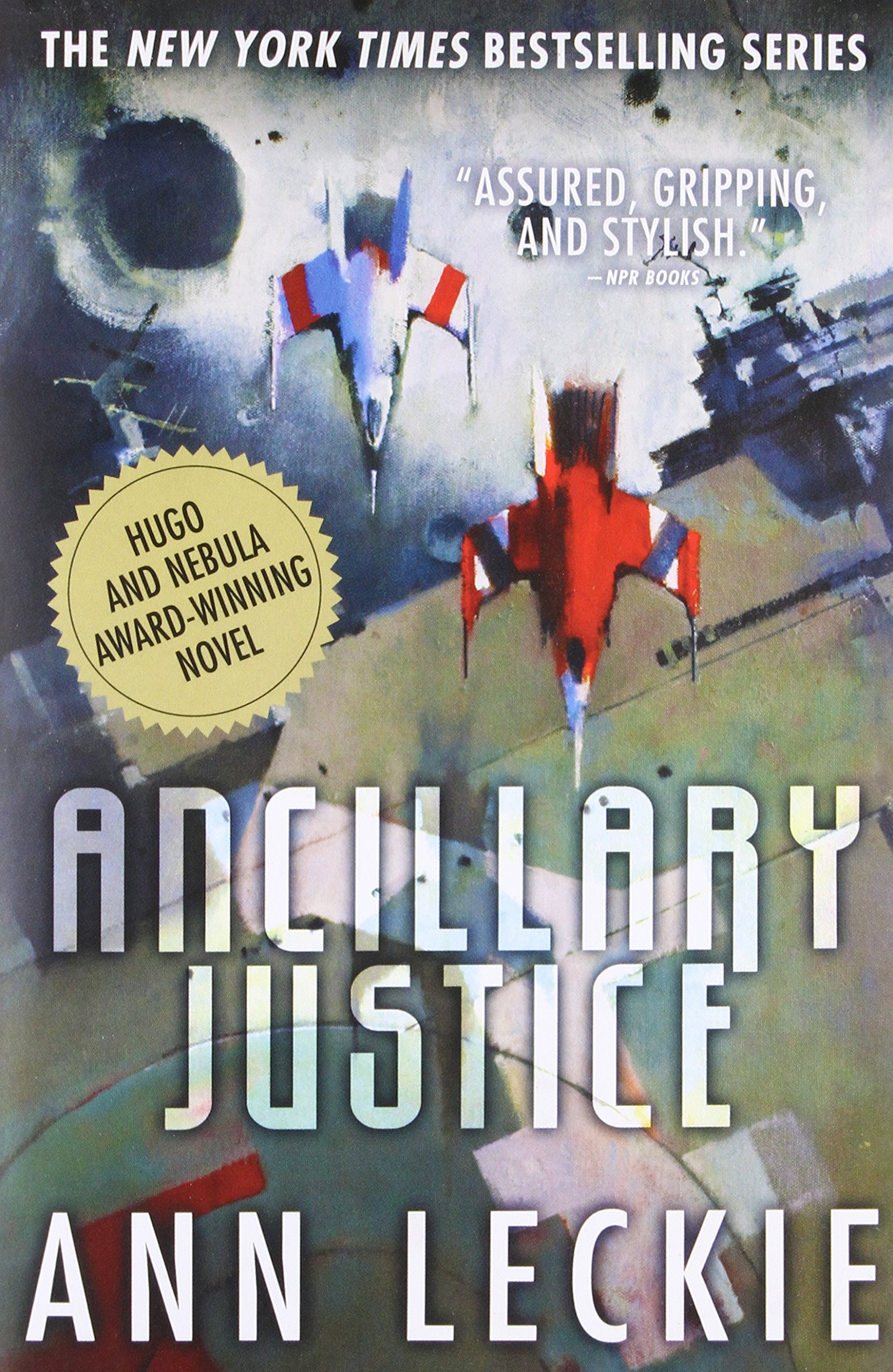gabe. reviewed Ancillary Justice by Ann Leckie
Really enjoyed this one
4 stars
This one took a bit of warming up to, the perspective of the main character/narrator was a bit hard to follow at first, but once I saw what was going on it became easier. Definitely a page turner. I enjoyed the novel perspective, and found myself quite attached to the characters by the end. A friend lent my all 3 of the books in the series, and I can't wait to dig into the next one.



